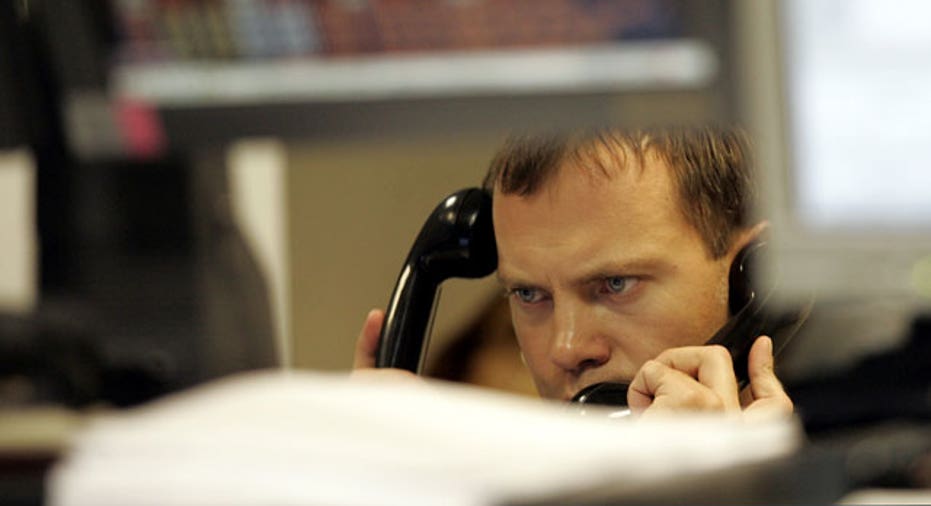Russia's Medvedev: Western Sanctions Taking their Toll

Russian Prime Minister Dmitry Medvedev acknowledged Thursday that Western sanctions against Russia are taking their toll on the country's economy, the starkest admission yet by the country's leadership that the restrictions are hurting.
Speaking at a government meeting that approved a largely balanced budget for the next three years, Mr. Medvedev said the budget was drawn up "in such difficult conditions, when the slowing of our economy coincided with the sanctions imposed against some sectors of our economy." He added that the sanctions, imposed over Russia's role in the conflict in Ukraine, are "testing Russia."
Mr. Medvedev's admission contrasts with earlier bluster from top Russian officials, who said they wouldn't affect Russia much and instead would boost Russian businesses. The mood has changed in recent weeks as fresh sanctions from the U.S. and the European Union--which make access to capital markets more difficult for some Russian companies--have frightened off more investors.
"The global capital markets are practically closed to our companies, the only source now is the domestic market," Economy Minister Alexei Ulyukayev said at the meeting. But local investors are also rushing their money out of the country, with capital outflow estimated at $100 billion for this year.
The economy is expected to gain 0.5% in 2014, according to official forecasts. But the European Bank for Reconstruction and Development said Thursday that there would be no growth this year, followed a modest contraction in 2015. The bank warned that the contraction could be steeper.
The Kremlin is trying to kick-start the economy by using domestic resources and the rainy-day funds amassed by the government before the 2008 financial crisis when oil prices were higher.
Speaking at the State Council, a meeting of dozens of ministers, politicians and business leaders, Russian President Vladimir Putin called for "a real breakthrough in the next one and a half to two years toward higher competitiveness of the Russian real sector and to do the work that might have previously taken us years."
He slammed sanctions placed on Moscow by Western countries as a breach of the rules and principles of the World Trade Organization.
A ban on imports of some food products from the West, implemented by Moscow in retaliation to the sanctions, has already fueled inflation in Russia. But Moscow insists it will help local producers increase production and replace the banned imported products.
"We aren't intending to punish anyone [by introducing the ban], but to help our producers," said Mr. Putin.
Still, the government outlined a conservative budget for the next three years. The budget deficit was set at 0.6% of gross domestic product, and there was no mention of new taxes. Earlier, the Kremlin had considered new taxes and higher spending to boost the economy. Mr. Putin said the tax issue should be addressed with "caution."
"Clearly, there is a social contract with the state on no change in tax burden, especially when the economy remains stagnant and may switch into recession in 2014-15. So, by breaching it the state may see negative political implications," said Dmitry Polevoy, chief economist for Russia and the region at ING Bank.



















